Energy expert warns new electricity tariffs could fuel unemployment
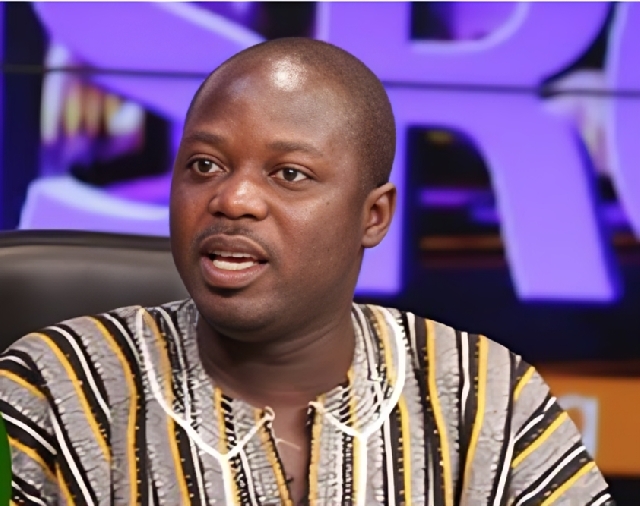 Benjamin Nsiah
Benjamin Nsiah
The Executive Director of the Centre for Environmental Management and Sustainable Energy, Benjamin Nsiah, has cautioned that Ghana’s recent electricity tariff hike could have far-reaching negative consequences for the economy, particularly for industry and employment.
His warning comes in response to the Public Utilities Regulatory Commission’s (PURC) latest tariff adjustment, which will see electricity prices increase by an average of 14.75% starting May 3, 2025.
The PURC attributed the increase to the depreciation of the cedi, rising inflation, higher fuel costs—especially natural gas—and the current energy generation mix.
Mr Nsiah argued that the rationale behind the increase fails to consider its broader economic implications.
“In my view, inflation is already captured within the depreciation of the currency, so factoring it again into end-user tariffs results in double costing—and that double costing will hurt our economy significantly,” he said.
Mr Nsiah explained that higher electricity tariffs lead to increased production costs for businesses, which then drive up the Producer Price Index (PPI) and subsequently the Consumer Price Index (CPI).
He warned that this chain reaction often prompts the Bank of Ghana to implement monetary tightening measures—raising interest rates—which ultimately makes credit more expensive for industries already operating under tight margins.
“When electricity tariffs go up, the cost of production rises.
This drives the PPI up, which then affects the CPI. When the CPI increases, inflation rises, and the Bank of Ghana responds by tightening monetary policy.
That cycle ends up choking businesses,” he explained.
He noted that local industries are already grappling with high operating costs and warned that repeated upward tariff reviews without careful consideration could threaten their survival.
“Increasing the policy rate makes borrowing costly for industries. This cycle of tariff adjustments traps the economy in a loop of rising costs and shrinking productivity,” Nsiah stated.
He called on policymakers to critically assess the timing and necessity of electricity tariff reviews, warning that unchecked increases could make local industries less competitive and result in job losses.
“If we keep pushing tariffs upward without a long-term strategy, our industries will suffer, and many may resort to staff cuts or layoffs. This could ultimately increase unemployment and slow economic growth,” he added.
He spoke on Channel One’s Newsroom on Friday, April 18.
Source: Classfmonline.com/Cecil Mensah
Trending Business

SIC Managing Director James Agvenim-Boateng honoured by IBAG
05:34
IMF technical mission engages Ghana on implementing governance reforms
05:08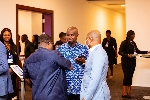
NPA hosts 2025 Downstream CEOs breakfast meeting to shape industry’s future
15:16
Ghana to establish Trade House in the UK to boost exports — High Commissioner reveals
15:05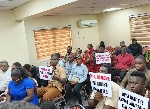
VEMAG raises concerns over DVLA's digital number plate rollout, citing job losses
13:30
DVLA introduces temporary registration number sticker for non-fleet vehicle owners
12:05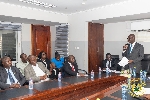
Finance Minister urges Legon Tax Office to strengthen revenue mobilisation
10:12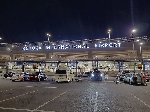
GRA refutes extortion claims, clarifies duty payment incident at Kotoka International Airport
06:39
NYA CEO urges Yango couriers to be diligent and humble at 2025 Partner Conference
14:26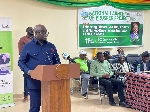
Agric Minister launches $147.3 m PROSPER project in Damongo to transform rural agriculture
14:15




